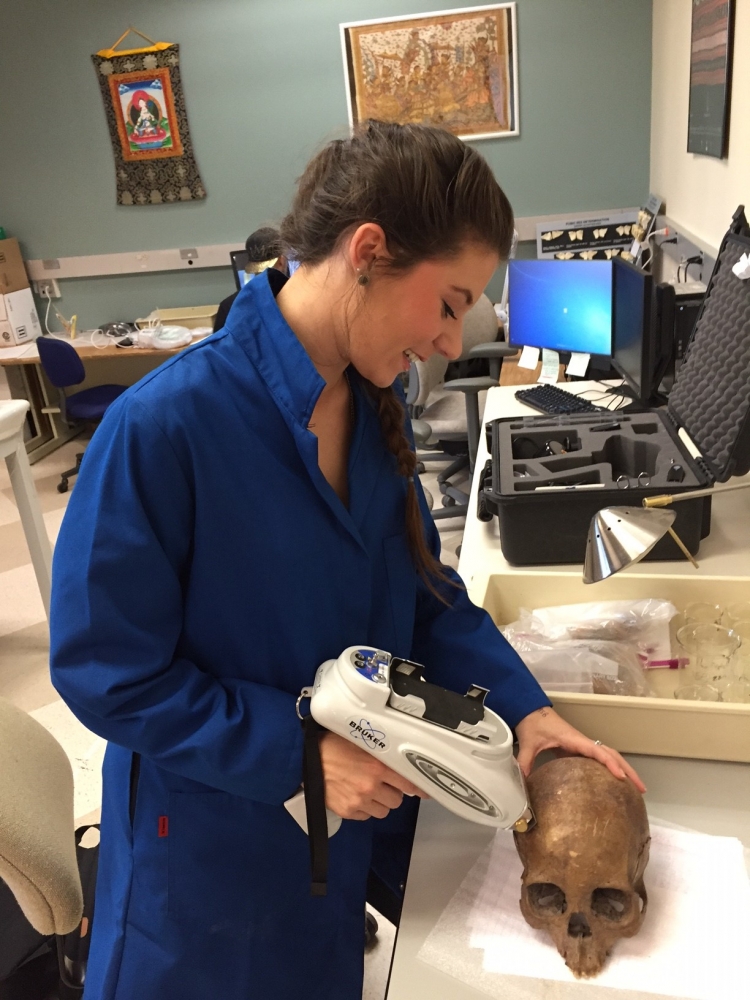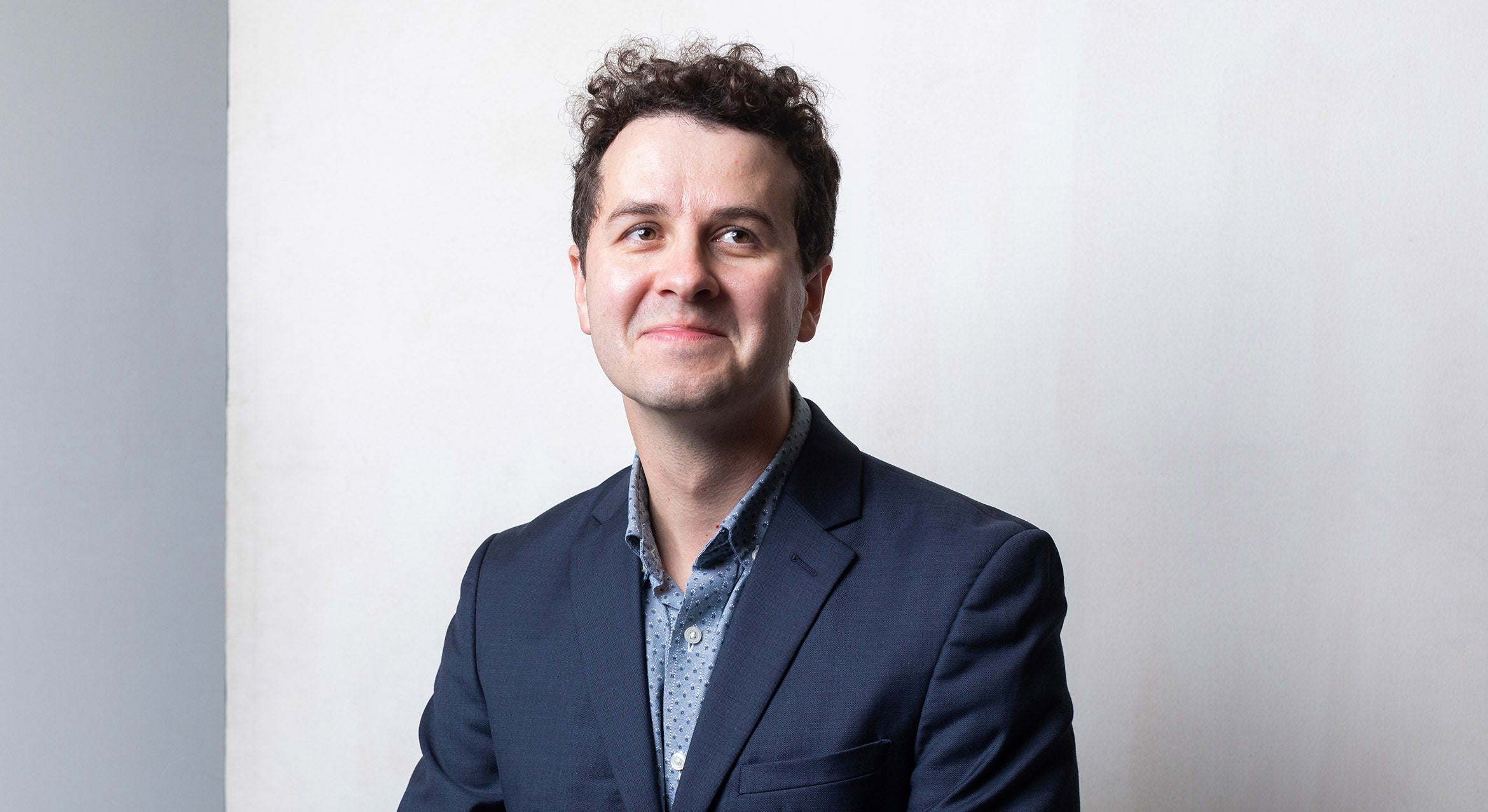
Skeletons Come Out of the Closet
Anthropology is a broad subject. But then, so is humankind, the amorphous body that anthropology as a field of study seeks to better understand. Anthropology looks at us — our origins, our physical and cultural development, our biological characteristics and our social customs and beliefs.
How UC Santa Barbara anthropologists do that will be on display Thursday, Feb. 18, when the campus hosts an open house to celebrate World Anthropology Day. From 4 to 6 p.m. the public is invited to participate in a host of family-friendly activities, from anthropological experiments to socio-cultural policy forums and discussions. The event is free, and all activities will take place in 2001 Humanities and Social Sciences Building.
“Today’s anthropologists are making remarkable contributions to human understanding and tackling some of the world’s most pressing problems,” said Alisse Waterston, Ph.D, president of the American Anthropological Association, the professional organization behind World Anthropology Day.
At UC Santa Barbara, anthropologists will offer behind-the-scenes tours of their labs, including those devoted to bioarchaeology and biogeochemistry, integrative subsistence and California archaeology. In addition, participants will have the opportunity to build an ancient Mississippian house; use high-powered microscopy to study tiny, ancient seeds; conduct child-friendly anthropometric activities to better understand body size and proportions; try their hands at mastering some traditional weaponry; learn about the minuscule world of nanotechnology through interactive experiments; and participate in a mock forensic anthropology crime scene investigation.
In addition, a book display and sale will highlight faculty authors and publications, and a poster display will feature faculty members and students sharing their research.
“Members of our biological anthropological faculty work with traditional Bolivian societies to better understand the nature of diseases that plague us here in the U.S.,” said Kurin, an assistant professor of anthropology who specializes in bioarchaeology. “Our socio-cultural anthropologists are actively involved in policy work that examines topics ranging from sustainable cattle farming in the Brazilian Amazon to water management in Paso Robles.
“And only archaeological research allows us to take the long view of cultures,” she continued. “Using artifacts and skeletons to determine why and how societies rose and fell in the ancient past can help inform decisions regarding current political, economic and social phenomena like warfare, the rise of insurgent groups and the disastrous consequences of climate change.”
More information about World Anthropology Day, including a complete schedule of events, can be found at www.anth.ucsb.edu/giving/friends.



